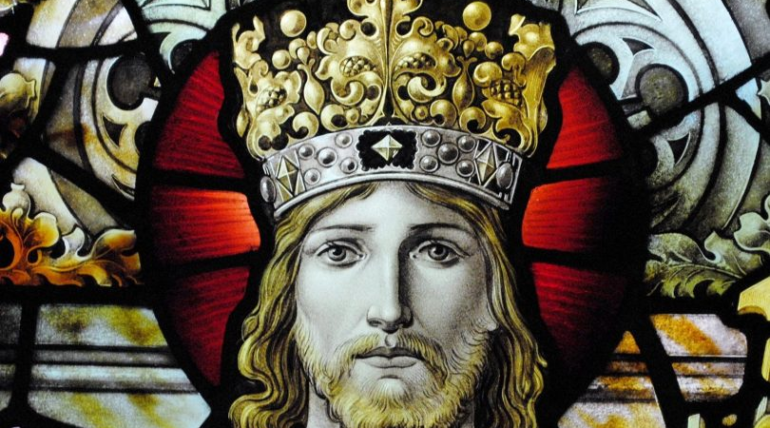25th Sunday C Luke 13: 1-13 – Christian Astuteness
This is a thoroughly uncomfortable parable. The rich man was a moneylender who, like moneylenders in Jesus’ time, overcharged borrowers who were usually the poor. The steward is called dishonest because he wasn’t serving the interests of his rich master. Having been caught wasting his master’s money, he reduces the debtors’ bills in hopes of winning their goodwill and protection. Here we have two values competing with each other: the ethical value of financial honesty and the value of self-survival.
Jesus called Matthew to follow him even though Matthew belonged to a disreputable group of people – tax collectors. As a tax collector he would have made illegal profits by unethically over-taxing the poor. And what about Zacchaeus, another tax man? What about the ‘good thief’ who was crucified presumably for robbery? This man recognised who Jesus was and reached out to comfort him, and was promised the protection of paradise that very day. Jesus’ interest lay in the survival and well-being of these people.
The master praised the dishonest steward for his astuteness. The gospel story is a metaphor about faith in Jesus, self-survival if you like. It is much more than a simple tale about ethics and morals. Matthew’s immediate response to Jesus’ call to follow him and the good thief’s confession of faith in Jesus can be seen as the ‘astuteness’ of the ‘children of light’. True faith in Jesus awakens empathy for the poor. Jesus was a poor man. He saw no conflict between his lifestyle and that of the insignificant people whom he lived with and served. Faith awakens us to the poor Christ living in us, self-survival in excelsis – cf. Gal 2: 20 “I live now not with my own life but with the life of Christ who lives in me.”
Spanish scripture scholar Jose Pagola offers this brief summation of the interplay in the bible between money and the poor and needy: “Use your unjust money to help the poor; win their friendship by sharing with them your goods. Then they will be your friends. At the hour of death, when money will be no longer of use to you, they will welcome you into the house of the heavenly Father”.
Fr. QQ – 09/16/2022



